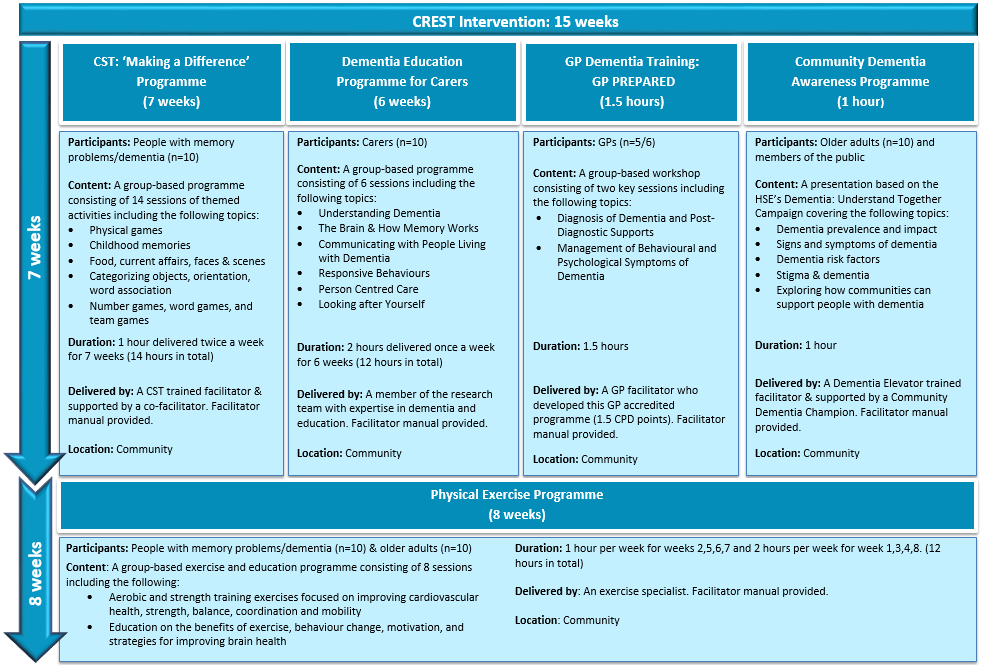-
Courses

Courses
Choosing a course is one of the most important decisions you'll ever make! View our courses and see what our students and lecturers have to say about the courses you are interested in at the links below.
-
University Life

University Life
Each year more than 4,000 choose University of Galway as their University of choice. Find out what life at University of Galway is all about here.
-
About University of Galway

About University of Galway
Since 1845, University of Galway has been sharing the highest quality teaching and research with Ireland and the world. Find out what makes our University so special – from our distinguished history to the latest news and campus developments.
-
Colleges & Schools

Colleges & Schools
University of Galway has earned international recognition as a research-led university with a commitment to top quality teaching across a range of key areas of expertise.
-
Research & Innovation

Research & Innovation
University of Galway’s vibrant research community take on some of the most pressing challenges of our times.
-
Business & Industry

Guiding Breakthrough Research at University of Galway
We explore and facilitate commercial opportunities for the research community at University of Galway, as well as facilitating industry partnership.
-
Alumni & Friends

Alumni & Friends
There are 128,000 University of Galway alumni worldwide. Stay connected to your alumni community! Join our social networks and update your details online.
-
Community Engagement

Community Engagement
At University of Galway, we believe that the best learning takes place when you apply what you learn in a real world context. That's why many of our courses include work placements or community projects.
Project Overview

The CREST study: Exploring the feasibility of a psychosocial resilience-building intervention for people living with dementia, their carers and the wider public living in the community
This research study is funded by the Health Research Board (HRB) and is being led by Professor Dympna Casey from the School of Nursing & Midwifery, National University of Ireland, Galway, Ireland. The CREST intervention was run between February 2019 and March 2020.
A dementia diagnosis can prevent people from participating in society, leading to a further decline in cognitive, social and physical health. However, it may be possible for people with dementia to continue to live meaningful lives and continue to participate actively in society if a supportive psychosocial environment exists. Resilience theory, which focuses on strengthening personal attributes and external assets in the face of serious challenges, may provide a scaffold on which an inclusive multifaceted psychosocial supportive environment can be built.
This non-randomised feasibility study aims to assess the feasibility of conducting a multifaceted complex resilience building psychosocial intervention for people with dementia and their caregivers living in the community. Ten participants with dementia and their primary caregivers living in the community will be recruited and receive the CREST intervention. The intervention provides (a) a 7-week cognitive stimulation programme followed by an 8-week physical exercise programme for people with dementia and (b) a 6-week educational programme for caregivers. Members of the wider community will be invited to a dementia awareness programme and GP practices to a dementia-training workshop. An overview of the intervention components in provided in the diagram below. Over the 15 weeks of the intervention people with dementia will be asked to wear a Fitbit to measure their sleep and physical activity levels. They will also be asked, with the help of their carer, to complete a home-exercise diary each week and to share this information with the research team.
Outcomes will assess the feasibility and acceptability of all study processes. The feasibility and acceptability of a range of outcomes to be collected in a future definitive trial, including economic measurements, will also be explored. Finally, social marketing will be used to map a route toward stigma change in dementia for use in a subsequent trial. Quantitative feasibility outcome assessments will be completed at baseline and after completion of the 15 week intervention while qualitative data will be collected at recruitment, baseline, during and post-intervention delivery. This feasibility study will provide evidence regarding the feasibility and acceptability of a comprehensive multifaceted psychosocial intervention programme for people with dementia and their caregivers (CREST). The results will be used to inform the development and implementation of a subsequent RCT, should the findings support feasibility
You can find more information about the CREST study through this website, and you can also contact the CREST Project Manager for more information.
















